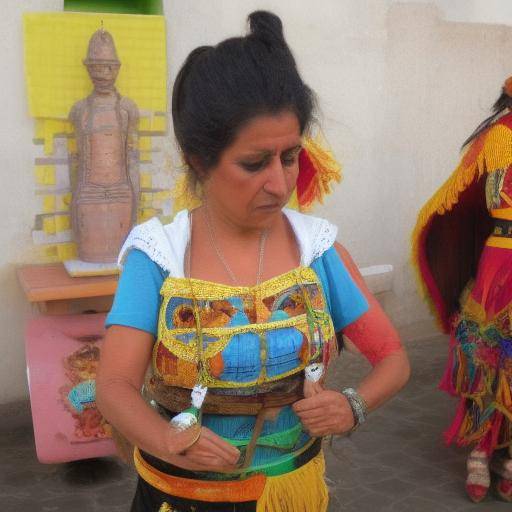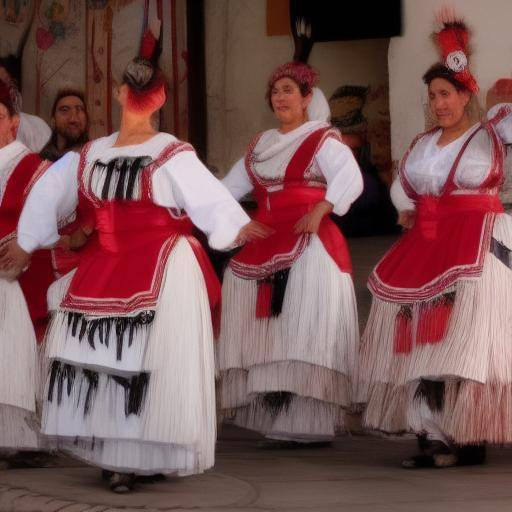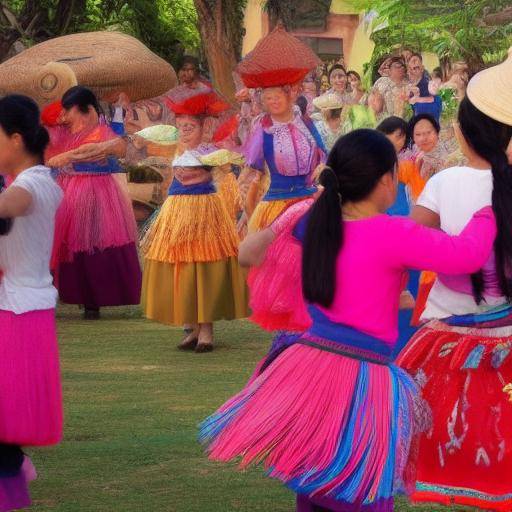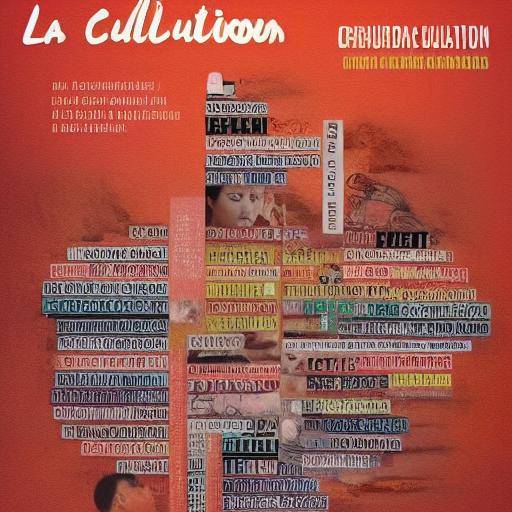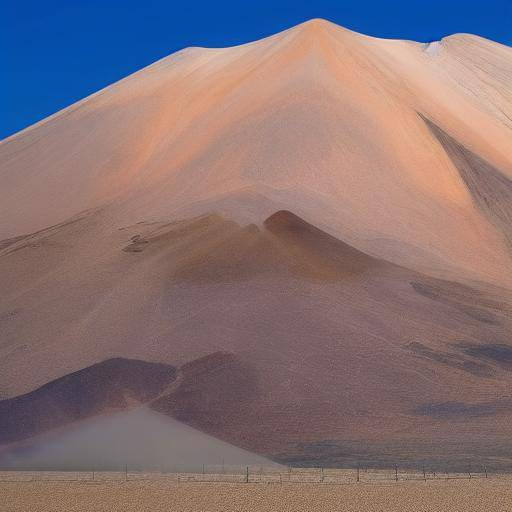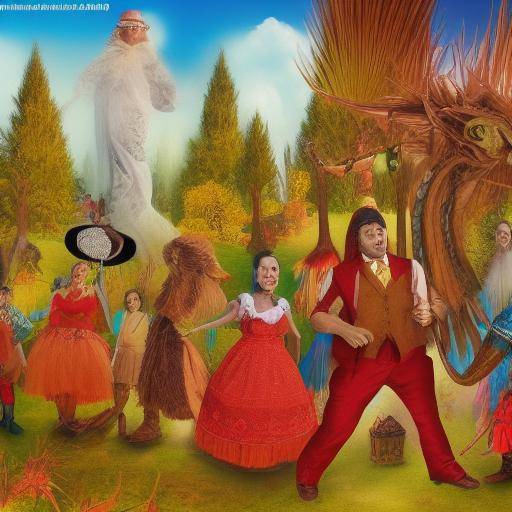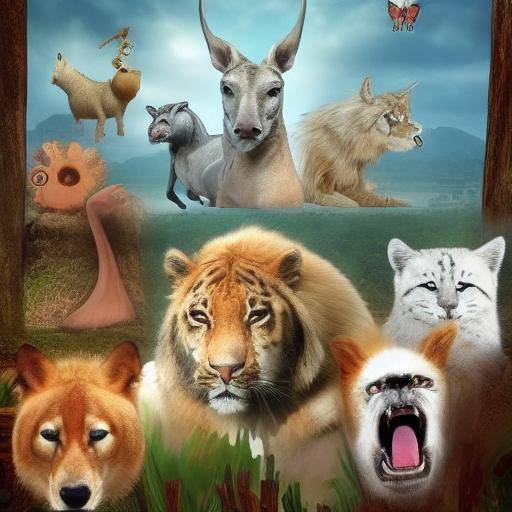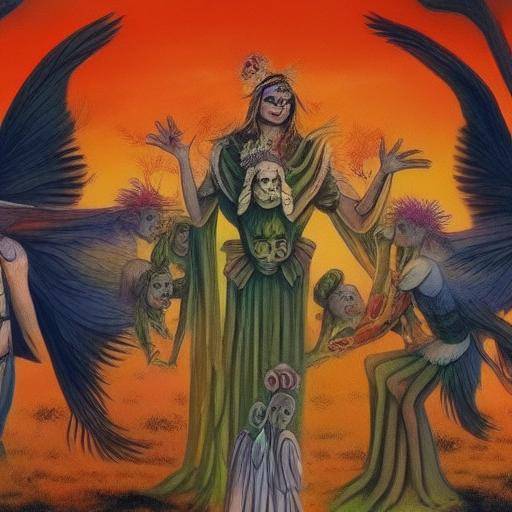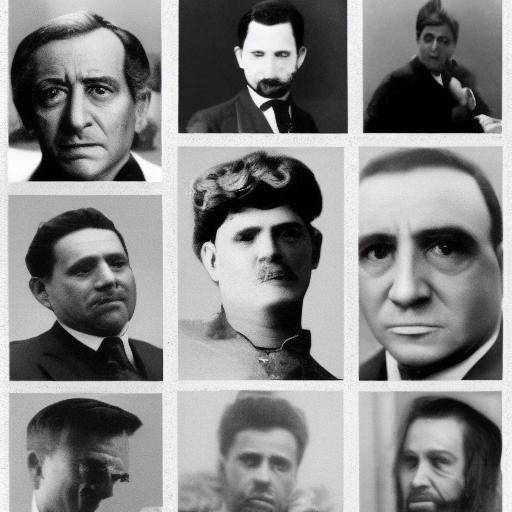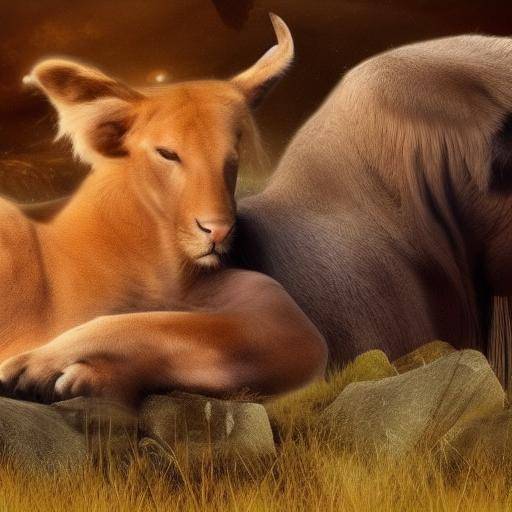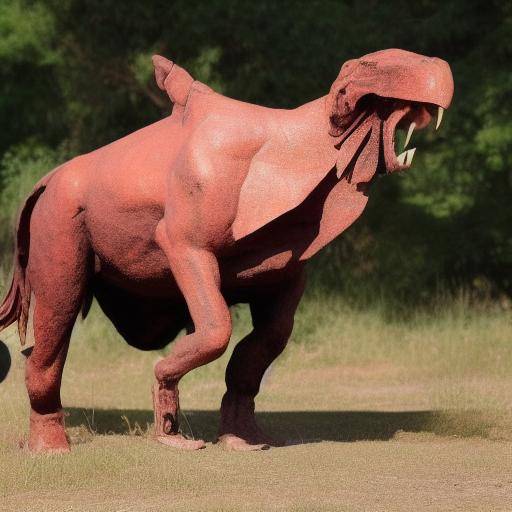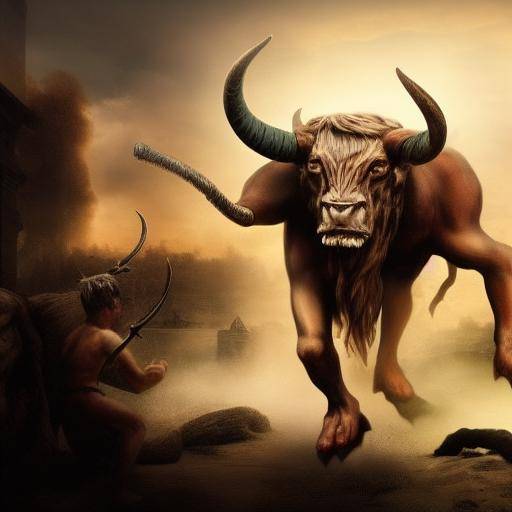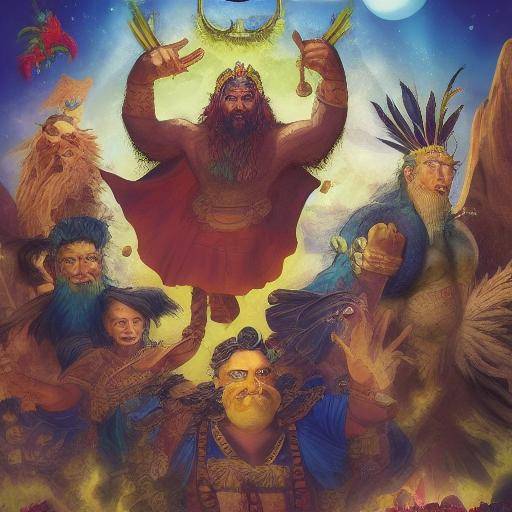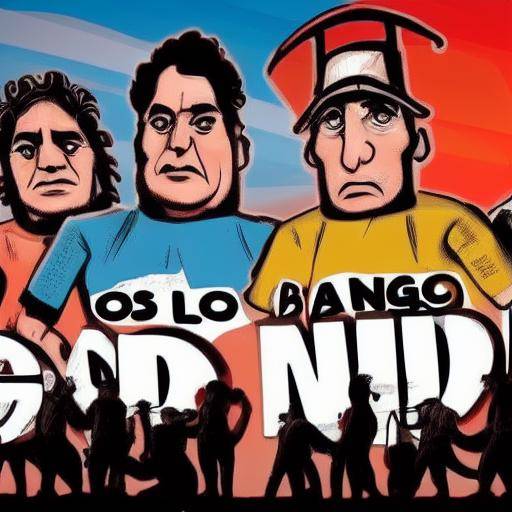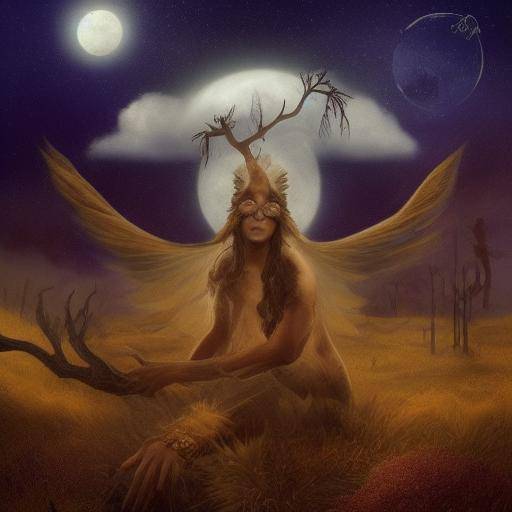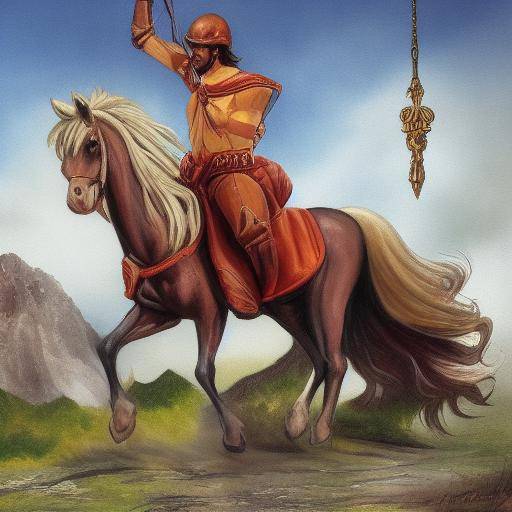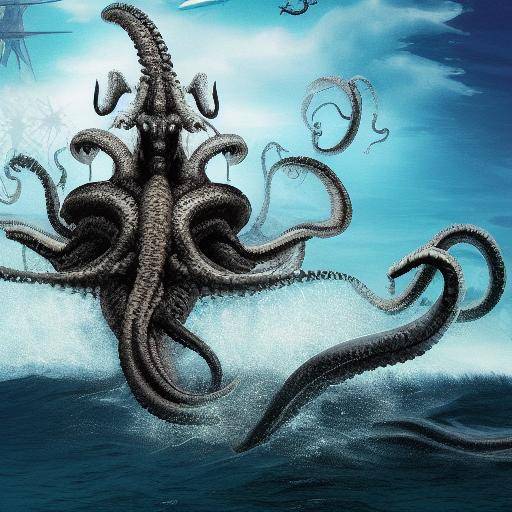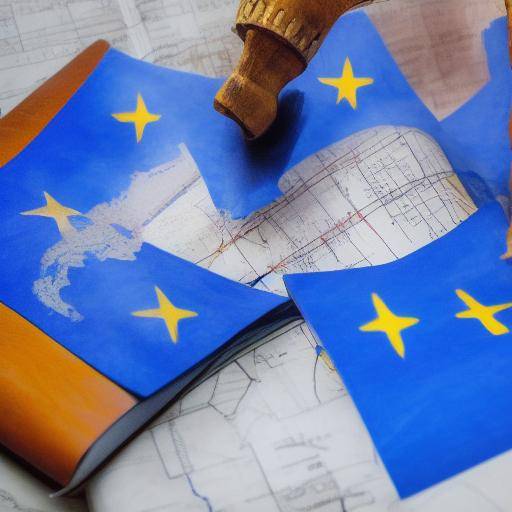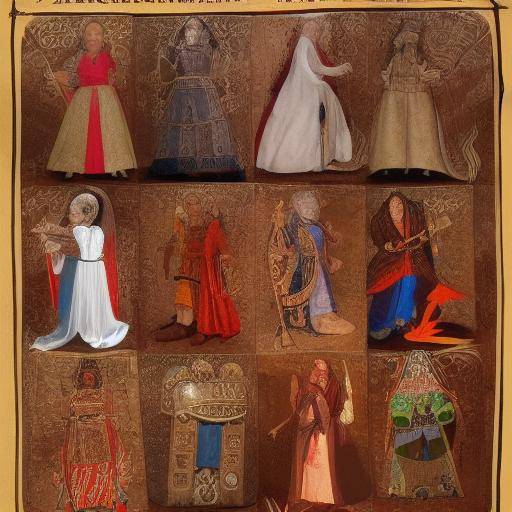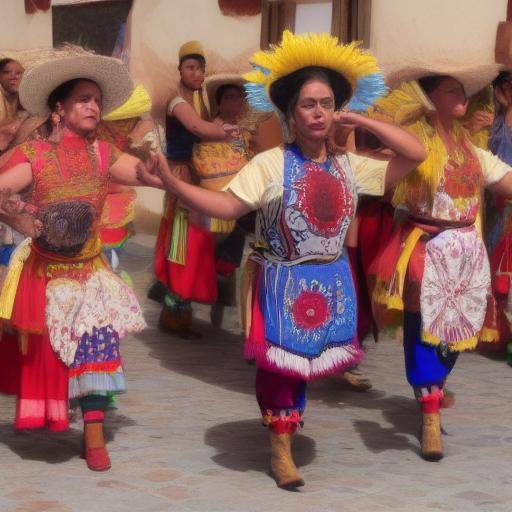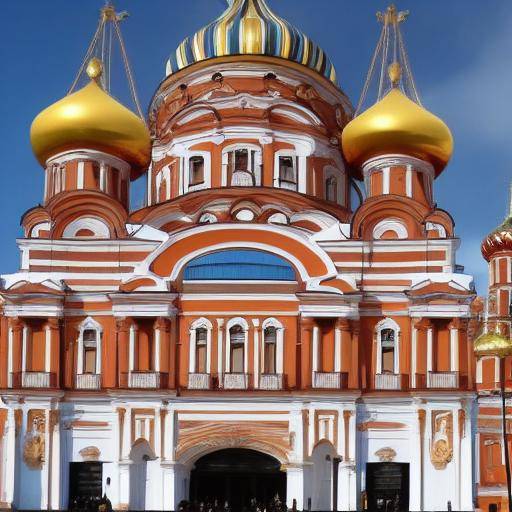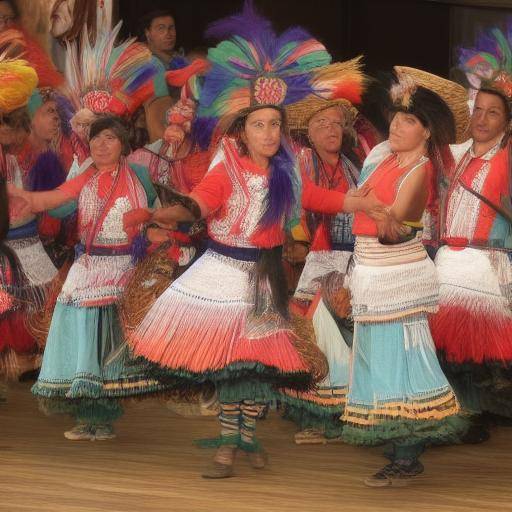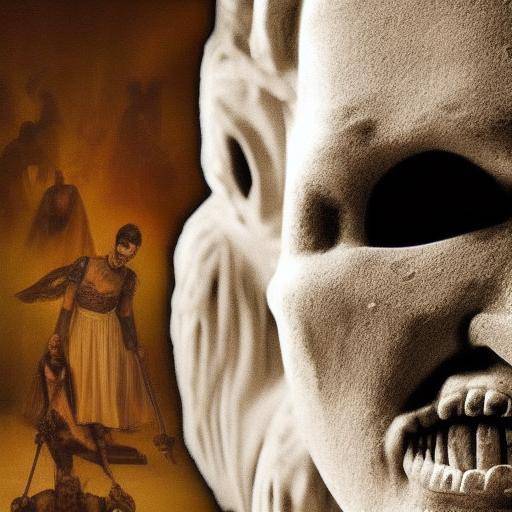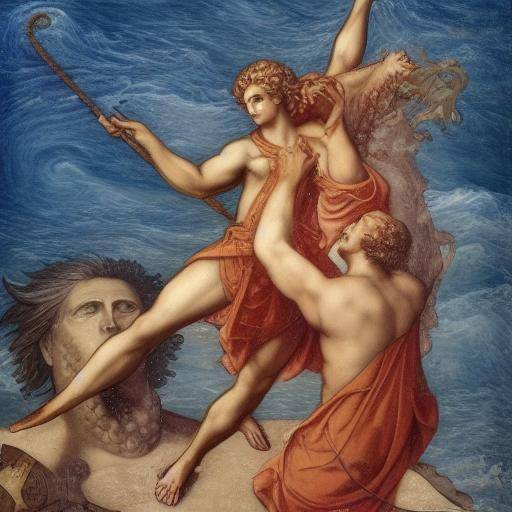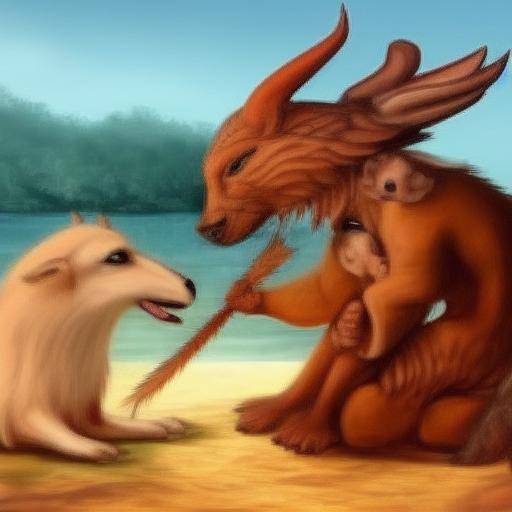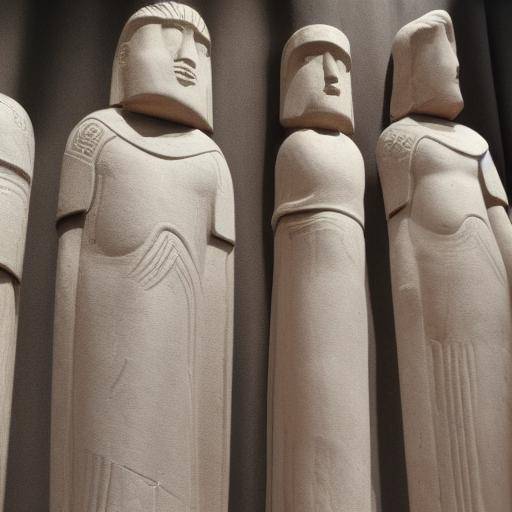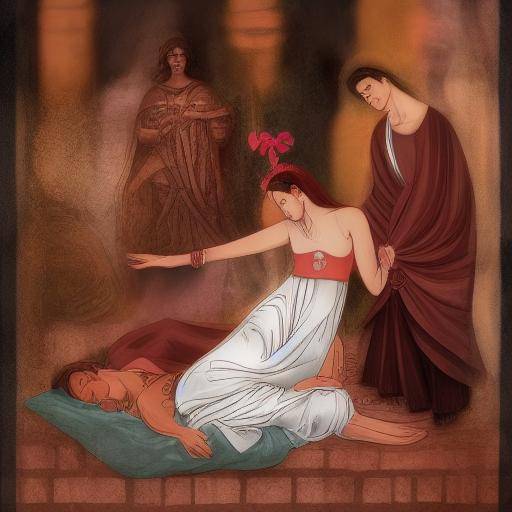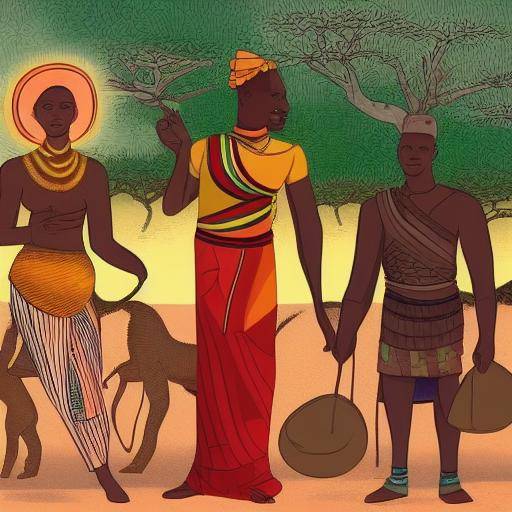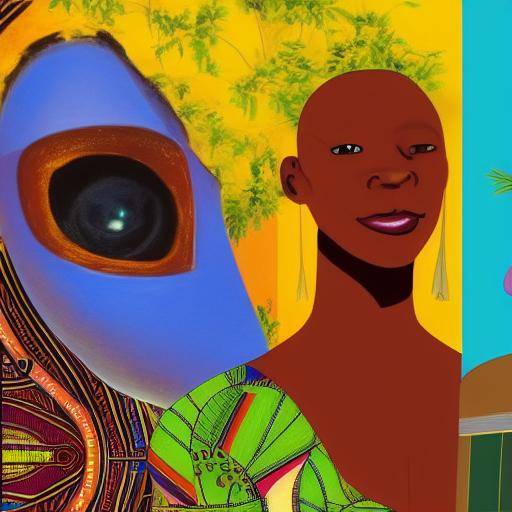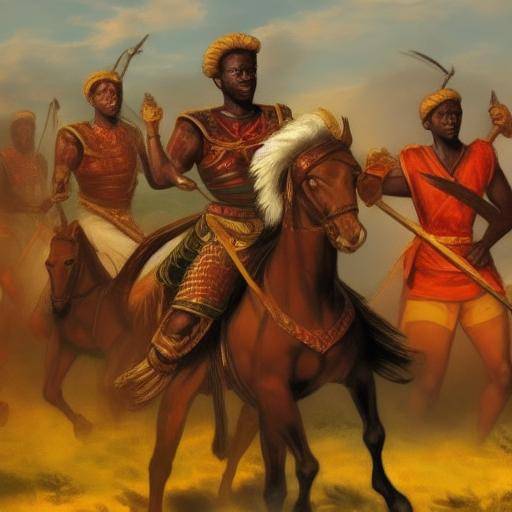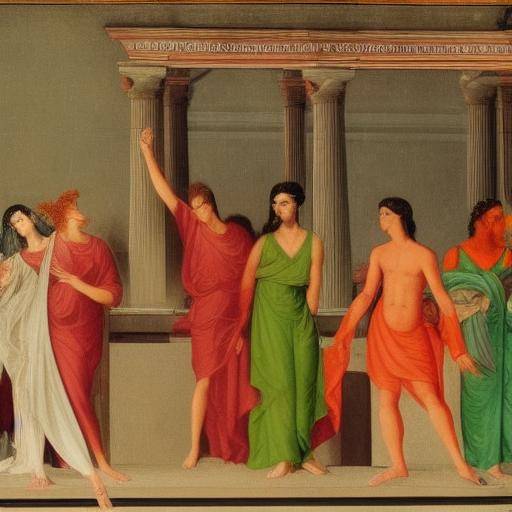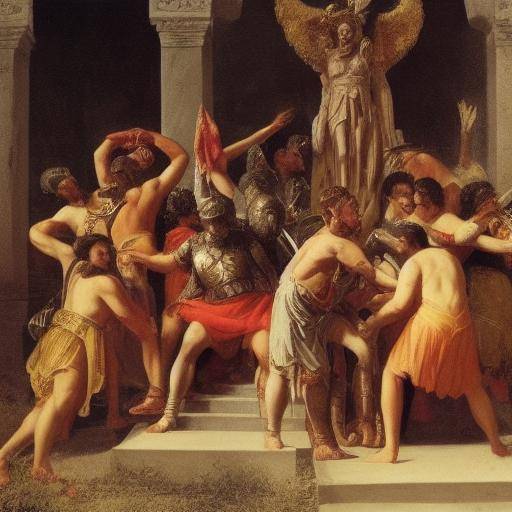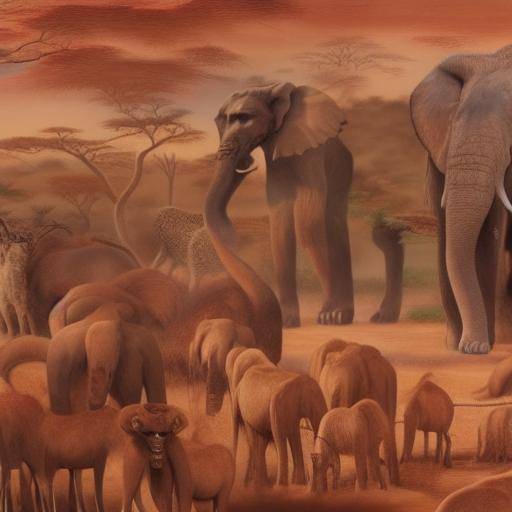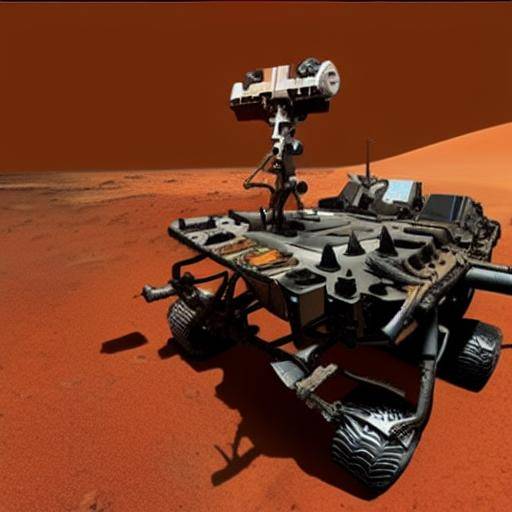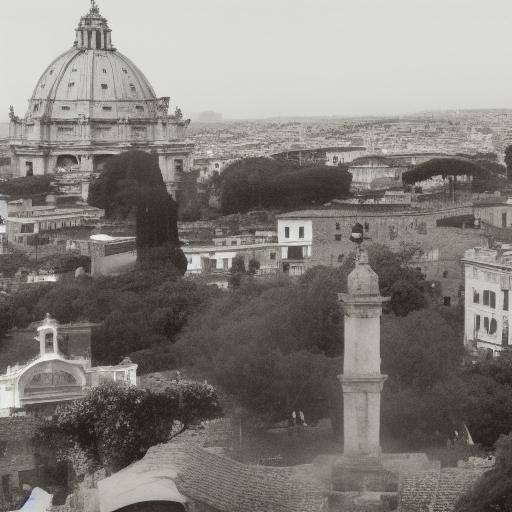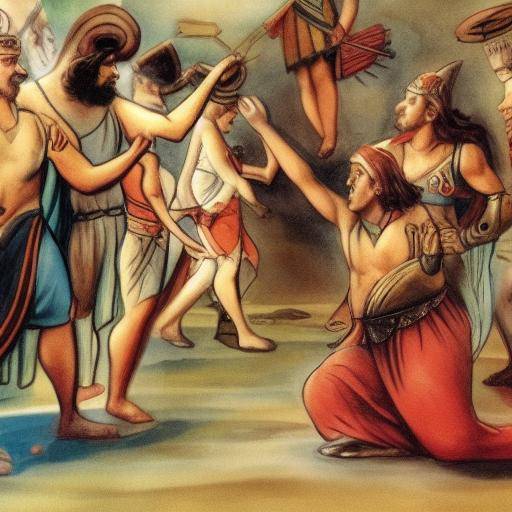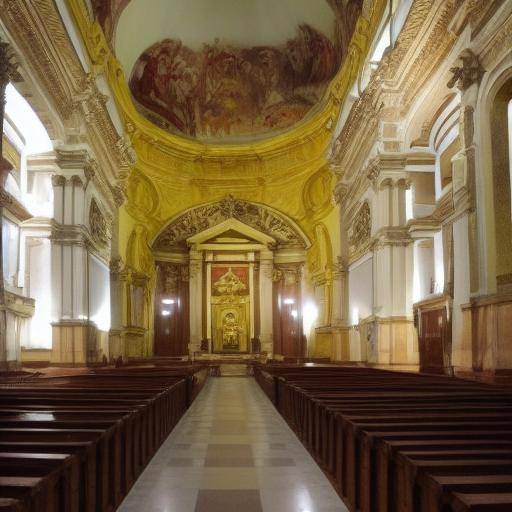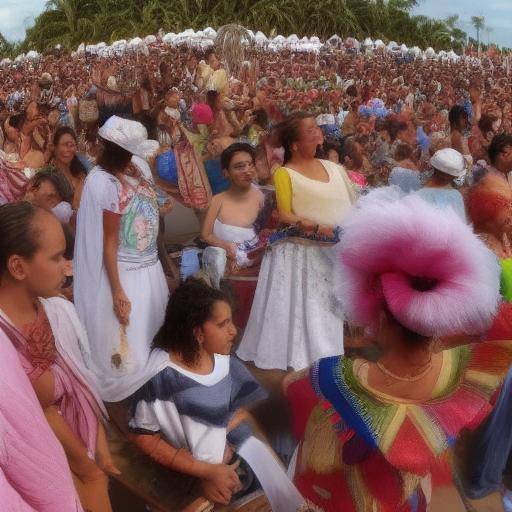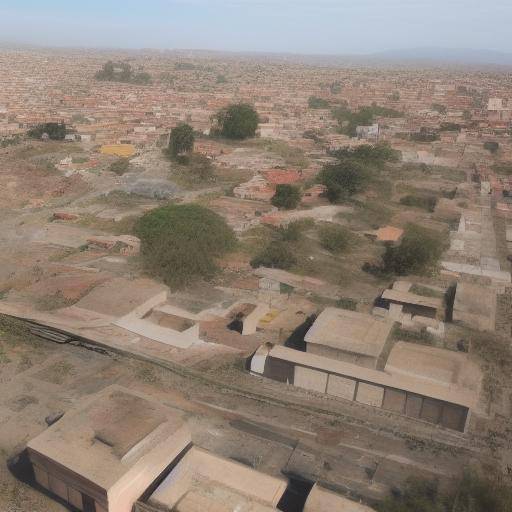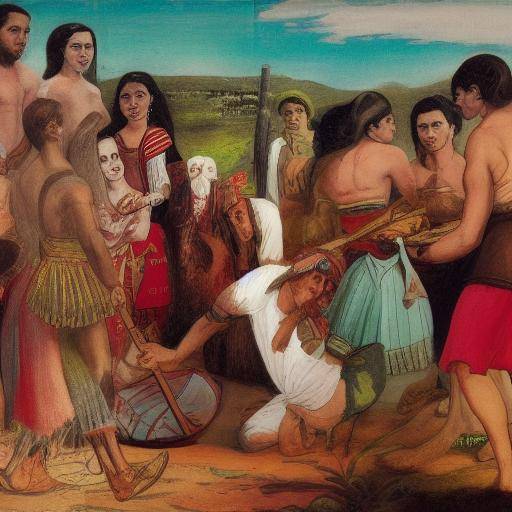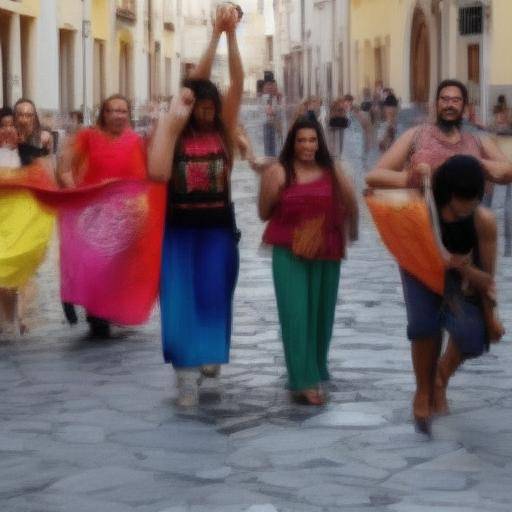
Egyptian culture has captured the imagination of the world with its majestic pyramids, hieroglyphic complexes, and its enigmatic mythology full of powerful gods. Among the stories that have endured through the centuries, there are the fascinating myths of Egyptian creation. In this article, we will explore in detail the rich and complex cosmogony of Egyptian culture, unraveling its myths of creation and delving into mythology that has deeply influenced generations. From the founding myths to the influence of modern society, this journey will lead us to understand the very essence of Egyptian culture and its cosmovision.
Introduction
Egyptian culture has left a lasting legacy through its myths of creation, which have shaped its worldview and endured as a testimony of a cosmic epic that transcends time and space. The myths of Egyptian creation immerse us in a world of ancient divinities and mysterious accounts about the origin of the universe, life, and death. As we dive into this journey through Egyptian mythology, we will discover the deep roots of a civilization whose beliefs and stories intertwine with the very essence of the human being.
History and Background
Origins and Evolution of Egyptian Mythology
Egyptian mythology dates back to the dawn of civilization in the Nile Valley, rooted in the religious beliefs and practices of ancient Egyptian society. The myths of Egyptian creation reflect the complex interrelationship between nature, society and the divine, offering a unique vision of the world and its mysteries. Throughout the millennia, Egyptian mythology has experienced continuous evolution, adapting to the changing dynamics of society and the environment, but maintaining the essence of its founding myths.
Foundational Deities and Stories
The myths of Egyptian creation are populated by an extensive gallery of gods and goddess, whose interactions and exploits make up the very fabric of reality in the Egyptian worldview. From Ra, the sun god, to Osiris, the lord of the underworld, every deity plays a crucial role in the creation and maintenance of the universe, generating epic accounts that have endured over time.
Significado Histórico y Cultural
Egyptian mythology not only constitutes a set of mythical accounts, but also offers a window to the mentality and beliefs of a millennial civilization. The myths of Egyptian creation reflect the profound connection between the Egyptian people and their natural environment, as well as their longing to understand the mystery of existence. In turn, these stories have impacted artistic, architectural, and ceremonial manifestations, leaving an indelible mark on the history of humanity.
Analysis in Deep
Lace in the Egyptian Cosmovision
The myths of Egyptian creation offer a unique and complex interpretation of the origin of the universe and the nature of existence. Through the interaction of primordial divinities and successive transformations, these accounts reflect the cyclical vision of time and the importance of maat, cosmic order, in daily life and beyond. The influence of these myths extends to the understanding of human role in creation and moral responsibility in the world.
Perdurability and Contemporary Relevance
Despite the millennia since its conception, the myths of Egyptian creation continue to exert a significant influence on contemporary culture. From literary works to film productions, Egyptian mythology has permeated human creativity, inspiring generations and contributing to the understanding of cultural diversity in the world.
Influence in Modern Beliefs
Egyptian mythology has left an indelible mark on various contemporary spiritual and philosophical currents. His holistic vision and approach in harmony with nature have resonated in esoteric and spiritual movements, enriching the contemporary understanding of spirituality and the cosmos.
Comprehensive review
Comparison of the Myths of Creation
By comparing the myths of Egyptian creation with other cosmogonies, similarities and contrasts are revealed that shed light on the various forms in which cultures have interpreted the origin of the universe. The symbolic wealth and the narrative complexity of the Egyptian myths highlight the uniqueness of this worldview in the global context of mythologies.
Egyptian culture and mythology
The interrelationship between Egyptian culture and its mythology is manifested in every aspect of society, from monumental architecture to funeral practices. The omnipresence of Egyptian divinities in daily life reflects the deep roots of mythology in the cosmovision and collective imagination of ancient Egypt.
Symbolic Images and Mythological Legends
The iconographic representations of the gods and mythological legends in Egyptian culture offer a window to everyday beliefs and practices. These images and stories not only convey knowledge of Egyptian mythology, but also reveal the way Egyptian society was related to the divine world and its natural environment.
Practical Tips and Accessible Recommendations
The Secret in the Hieroglyphics
Decoding Egyptian hieroglyphics may be a challenge, but plunging into their study can provide a deeper understanding of the myths of Egyptian creation and mythology. There are resources and guides that can facilitate the approach to this fascinating language, offering a doorway to the cultural and symbolic wealth of ancient civilization.
Visit to Holy Places
Exploring monuments and temples dedicated to Egyptian divinities allows you to immerse yourself in the mystical atmosphere that permeates the land of the Nile. From the pyramids of Giza to the temple of Karnak, each archaeological site offers a unique opportunity to connect with the essence of Egyptian culture and its myths of creation.
Museum and Exhibition Exploration
Visiting museums that host Egyptian art collections and exhibitions on mythology allows you to enter the iconography and symbolism of Egyptian culture. Contemplating sculptures, amulets and reliefs provides an enriching experience that complements the study of the myths of Egyptian creation and mythology.
Perspectives and Expert Reviews
Reflections from Egyptologists
Egyptians provide a deep understanding of the myths of creation, Egyptian culture and mythology, enriching our knowledge with rigorous research and detailed analysis. Their perspectives shed light on lesser known facets of Egyptian mythology, offering a multidisciplinary view of a fascinating civilization.
Researchers in Simbology
The study of Egyptian symbolology provides insights into the complexity of myths of creation and mythology, revealing layers of meaning and allegories that enrich our understanding of Egyptian cosmovision. Detailed interpretations of symbols and their historical and cultural context enrich our appreciation of Egyptian mythology.
Artists inspired by Egyptian mythology
The influence of Egyptian mythology in contemporary art reflects its ability to deflect and captivate later generations. Visual artists, writers and musicians find in the myths of creation and Egyptian mythology an inexhaustible source of inspiration, revitalizing and reinterpreting these millennial narratives in their works.
Case Studies and Applications in Real Life
Contemporary Interpretation of the Myths of Creation
The reinterpretation of the myths of Egyptian creation in literature, cinema and other artistic expressions offers a contemporary view of these ancestral accounts. These adaptations not only honor Egyptian cultural heritage, but also promote its diffusion and understanding in modern contexts.
Use in Education and Research
The myths of Egyptian creation are part of the cultural acquis of humanity, being studied in educational and research contexts. Its relevance transcends the borders of time and space, enriching the understanding of the history of humanity and its symbolic wealth.
Inspiration of Architecture and Design
The aesthetic and symbolism of Egyptian culture, rooted in its myths of creation and mythology, has transcended architecture and contemporary design. The influence of Egyptian ornamentation and iconography is manifested in emblematic structures and design objects, perpetuating the transcendence of this culture in the modern world.
Future Trends and Predictions
Continuing assessment of Egyptian mythology
It is expected that the assessment and interest in Egyptian mythology will last in the future, fueling curiosity and the search for meaning in future generations. The mythical legacy of Egyptian culture will continue to resonate in collective consciousness, rooting its validity over time.
Innovations in Dissemination and Accessibility
The advancement of information and communication technologies will facilitate the dissemination and accessibility of Egyptian mythology on a global scale. The digitization of resources, the increased reality and other tools will allow the myths of Egyptian creation and mythology to be brought closer to new audiences, promoting their appreciation and understanding worldwide.
New Approaches and Perspectives Exploration
The constant interdisciplinary dialogue and the diversity of approaches in the study of Egyptian mythology will generate new interpretations and perspectives on their myths of creation. The integration of multidimensional approaches in research will broaden our understanding of this rich cultural tradition, enriching the academic and artistic panorama.
Conclusions
The myths of creation in Egyptian culture are fundamental parts of a rich and profoundly significant legacy. Its influence transcends the borders of time and space, nourishing the cultural acquis of humanity with an ancestral wisdom that continues to resonate in the collective consciousness. As we enter this mythical worldview, we connect with the roots of a civilization that has left an indelible imprint in the history of humanity.
FAQs: Myths of Creation in Egyptian Culture
What are the most outstanding myths of creation in Egyptian mythology?
The Egyptian mythology has several myths of creation, the most outstanding being the myth of Atum-Ra and the myth of Osiris, Isis and Horus. These stories tell the emergence of the universe from the primordial chaos and the role of divinities in the establishment of cosmic order.
What is the importance of the myths of creation in Egyptian culture?
The myths of creation in Egyptian culture are fundamental to understanding the vision of the origin of the universe and the nature of existence in the Egyptian worldview. These stories offer a window to the mentality and beliefs of a millennial civilization, as well as its influence on contemporary society.
How is Egyptian mythology reflected in the daily life of ancient Egypt?
Egyptian mythology permeated all aspects of daily life in ancient Egypt, from religious practices to social and political organization. The divinities and myths of creation were present in festivities, funeral ceremonies, art, architecture and the understanding of the relationship between the human being and the cosmos.
How has Egyptian mythology influenced contemporary culture?
Egyptian mythology has deeply impacted contemporary culture, influencing art, literature, cinema, fashion and spirituality. Their symbolism and narratives persist as sources of inspiration and reflection in modern society, transcending the borders of time and space.
What is the most significant legacy of the myths of Egyptian creation?
The most significant legacy of the myths of Egyptian creation is its ability to transcend time and connect with the very essence of humanity. These accounts offer a unique perspective on the origin of the universe and the nature of existence, enriching our understanding of the world and our cultural heritage.
Where can visual representations of the myths of Egyptian creation be found?
The visual representations of the myths of Egyptian creation are found in temples, tombs, stales, papyrus and ceremonial objects in archaeological museums and collections in Egypt and around the world. These works of art offer a direct look at mythological narratives and the iconography of Egyptian mythology.
How did the myths of Egyptian creation influence how the ancient Egyptians understood their place in the universe?
The myths of Egyptian creation provided the ancient Egyptians with a conceptual understanding of cosmic order, duality and transformation, as well as the role of divinities in the creation and maintenance of the world. These stories influenced the worldview and religious practices, facilitating an integrated vision of the human being in relation to the universe.
In short, the myths of creation in Egyptian culture constitute a fascinating legacy that offers a window to the ancestral worldview of a civilization that has endured through the millennia. From the influence on contemporary culture to reflection on human condition, Egyptian mythology continues to resonate in the heart of humanity, transcending temporal and geographical barriers.
We thus conclude this journey through the myths of creation in Egyptian culture, trusting that this approach has been revealing and enriching, inviting them to explore more about this exciting issue.
This article aims to immerse itself in the myths of the creation of Egyptian culture, exploring its historical relevance, contemporary influence and meaning in the daily life of ancient Egypt. In addition, it offers a series of frequent questions that allow readers to deepen the key aspects of this fascinating topic.

